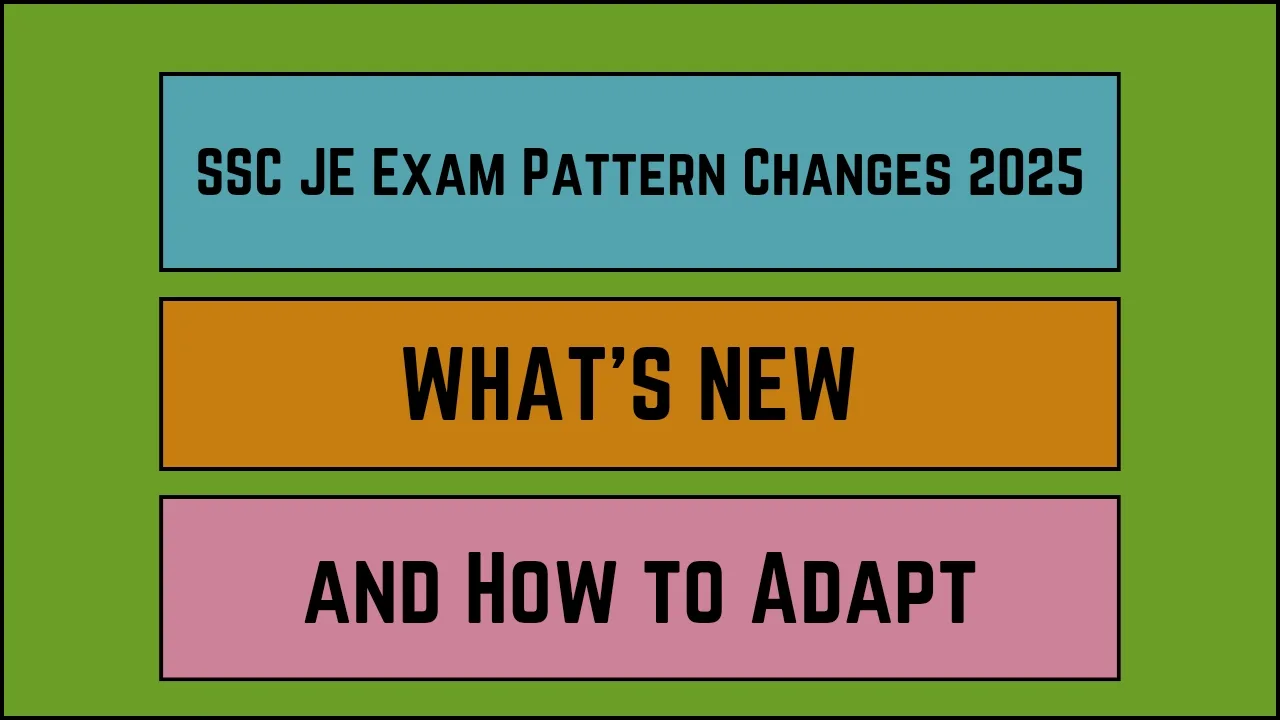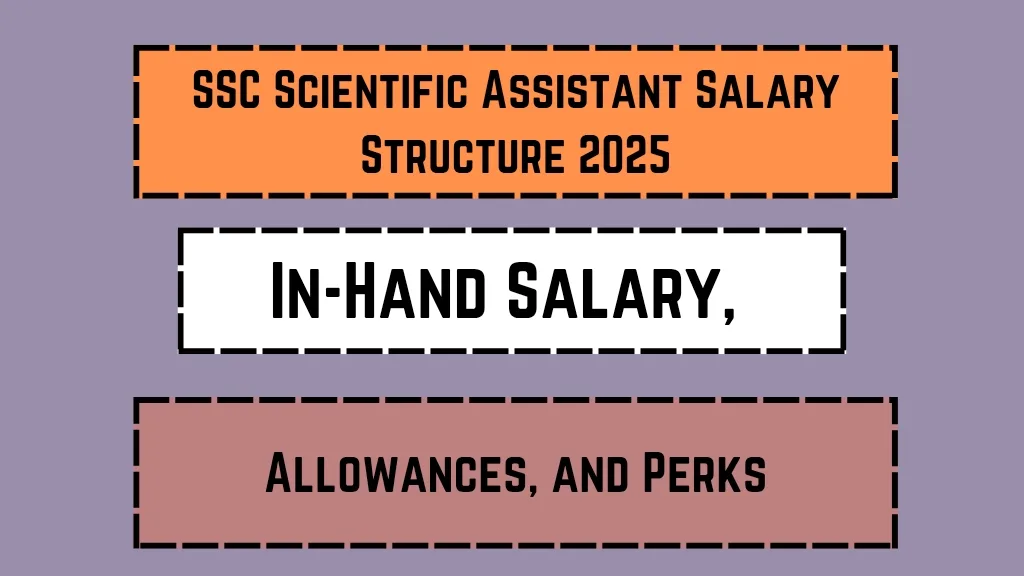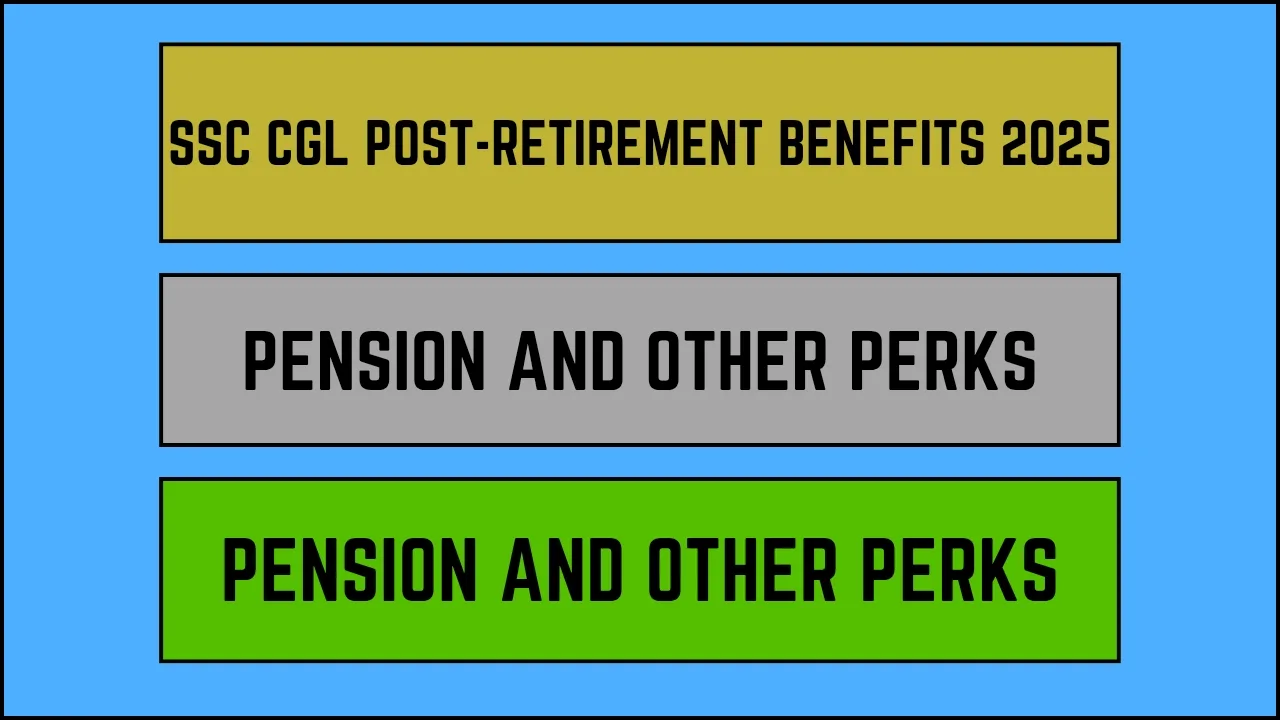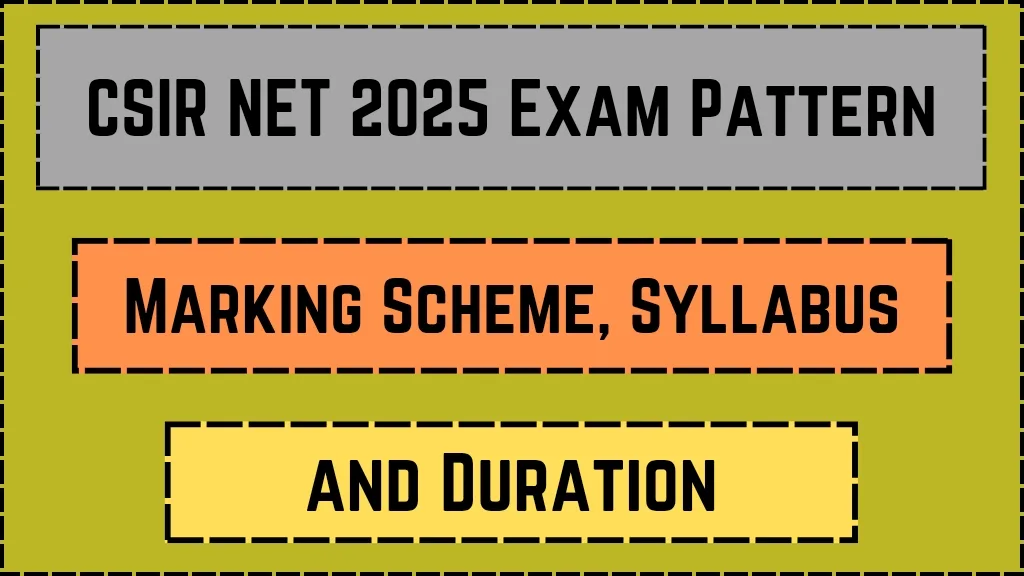The Staff Selection Commission (SSC) Junior Engineer (JE) exam is a highly competitive test that opens doors to lucrative engineering jobs in government departments. In 2025, the SSC JE exam pattern has undergone significant changes, aiming to make the selection process more efficient and aligned with current industry standards. This article will walk you through the key updates, new exam structure, and strategies to adapt to these changes. Whether you’re a first-time aspirant or a repeat candidate, this guide will help you stay ahead of the curve.
Key Highlights 📌
Here’s a quick overview of the SSC JE Exam 2025 updates:
| Key Point | Details |
|---|---|
| Organization Name | Staff Selection Commission (SSC) |
| Exam Name | SSC Junior Engineer (JE) Exam 2025 |
| New Exam Pattern | Revised structure with added sections |
| Total Papers | Two papers (Paper 1 and Paper 2) |
| New Subjects | Introduction of Environmental Science and Project Management |
| Marking Scheme | Negative marking reduced to 0.25 marks per wrong answer |
| Exam Duration | Increased by 30 minutes for Paper 1 |
| Focus Areas | Emphasis on practical knowledge and application-based questions |
| Official Website | ssc.nic.in |
Revised Exam Structure 📝
Paper 1: General Engineering
The first paper remains focused on General Engineering, but with a few tweaks:
- Duration: Increased from 2 hours to 2.5 hours.
- Sections: Divided into Civil, Mechanical, and Electrical Engineering.
- New Topics: Added Environmental Science to test awareness of sustainable practices.
Paper 2: Descriptive Type
Paper 2 has been revamped to include more application-based questions:
- Duration: Remains 2 hours.
- New Section: Introduction of Project Management to assess planning and execution skills.
- Question Types: More emphasis on case studies and practical scenarios.
Why the Changes? 🤔
The SSC has introduced these changes to:
- Align with Industry Standards: Reflect the evolving demands of engineering roles in government sectors.
- Test Practical Knowledge: Move beyond rote learning to assess real-world problem-solving skills.
- Reduce Stress: The reduced negative marking aims to make the exam more candidate-friendly.
How to Adapt to the New Pattern 🛠
Understand the Syllabus Thoroughly
Start by downloading the latest syllabus from the official website. Focus on the new topics like Environmental Science and Project Management.
Practice Application-Based Questions
Since the exam now emphasizes practical knowledge, practice solving case studies and scenario-based questions. Use previous years’ papers and mock tests to get a feel for the new format.
Time Management
With the increased duration for Paper 1, practice managing your time effectively. Allocate specific time slots for each section and stick to them during mock tests.
Focus on New Subjects
- Environmental Science: Study topics like waste management, renewable energy, and pollution control.
- Project Management: Learn the basics of planning, scheduling, and resource allocation.
Preparation Tips for Success 🎯
Create a Study Plan
A well-structured study plan is crucial. Divide your time between:
- Core Engineering Subjects: Revise fundamental concepts.
- New Topics: Dedicate at least 1-2 hours daily to Environmental Science and Project Management.
- Mock Tests: Take at least one mock test per week to track your progress.
Use Quality Study Material
Refer to standard textbooks and online resources for the new subjects. Make sure your study material is updated to reflect the latest exam pattern.
Join Online Forums
Engage with fellow aspirants on platforms like Reddit or Quora to share tips, discuss doubts, and stay motivated.
Marking Scheme and Negative Marking 📊
The revised marking scheme is designed to be more candidate-friendly:
| Aspect | Details |
|---|---|
| Correct Answer | +1 mark |
| Wrong Answer | -0.25 marks (reduced from -0.50) |
| Unattempted Question | 0 marks |
This change reduces the risk of losing marks and encourages candidates to attempt more questions.
Recommended Resources 📚
Here are some resources to help you prepare:
| Resource Type | Recommendations |
|---|---|
| Books | – “Environmental Science” by Erach Bharucha – “Project Management for Engineers” by David Cleland |
| Online Platforms | – Unacademy – BYJU’S Exam Prep |
| Mock Tests | – Testbook – Oliveboard |
Nisha Joshi is an education content writer specializing in exam results and admit cards. With a Master’s in History and 5+ years of experience, Nisha loves crafting detailed and accurate content. She enjoys exploring historical sites.







